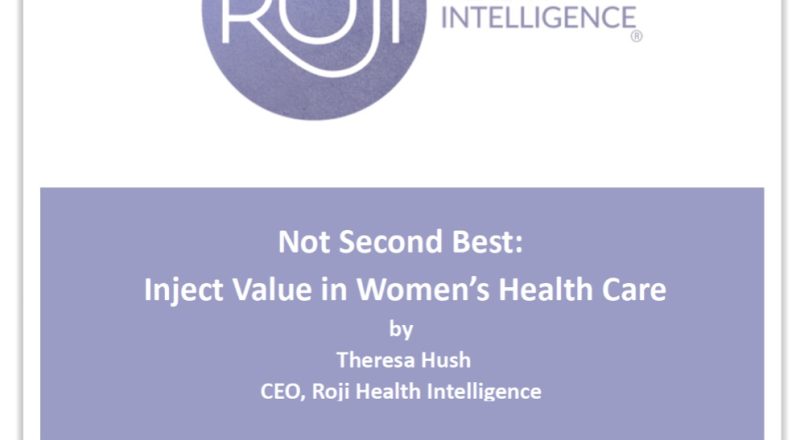Six months ago, I started writing about women’s health, in response to this simple question: What trends are emerging in health care for 2019? The New Year is filled with predictions about what is coming, and I thought this year’s list from health care leaders was too “last-year.” Artificial intelligence, medical science advancements in biologicals […]
Can Small PCPs Succeed in Medicare’s Primary Care First?
Medicare’s announced primary care models will provide an interesting test of whether financially-motivated primary care practices (PCPs) can improve hospital utilization, the key outcome measure that will determine provider revenues under the pilot. While provider risk for costs of patient care is inevitable for most physicians in the future, providers don’t have the same potential […]
Can Provider Risk Cure High Medical Costs?
Fee-for-Service (FFS) has been on a slow march toward risk-based reimbursement for two decades. But FFS has proven to be remarkably resilient—until now. In the last six months, Medicare has doubled down on creating new provider risk models for ACOs, specialists and primary care physicians. All of them have methods to ensure that providers are […]
How Providers Must Improve Value in Women’s Health
Writing the Roji Health Intelligence® series on gender disparities and other women’s health issues has been a revelation. As a woman who has worked in so many parts of the health care industry, I was already aware of basic gender disparities, risk levels, incidence of disease, and economic issues that are predominant among women. Most […]
How Will New Primary Care Models Affect Providers in VBHC?
Embraced by some provider groups and disparaged by others, CMS’s five new payment models for practices focused on primary care include much to consider. All reflect a key departure of Medicare’s Value-Based Health Care (VBHC) efforts to date: they are direct efforts by Medicare to transition physician practice revenues to risk without the necessity of […]
Do “Women’s Health Centers” and Services Deliver on Value-Based Health Care?
Women make an astounding 80 percent of health care decisions for themselves and their families. But there’s a disconnect between what women need and how providers have organized health care for them. While Value-Based Health Care (VBHC) is struggling to achieve more value for every health care dollar spent, providers are simultaneously sabotaging women in […]
Bootstrapped ACOs Facing Risk? Adopt Cost Strategies With Long Term RoI
The experimental phase of Medicare ACOs has been officially declared dead, per CMS. Going forward, ACOs must agree to take on financial risk for expenditures beyond their targets. That’s sobering news for the majority of ACOs still struggling to succeed. The reality is that most ACOs are bootstrapped—light on extra funding and dependent on existing […]
When Women Call Out Medical Gaslighting, Providers Lose the Whole Family
A smart business would not deliberately blame customers for needing their services or accuse them of spinning fictions. A business dependent on customer loyalty and engagement for their success—and what business doesn’t?—would normally pay close attention to customer concerns in social and mainstream media. All the more so in health care, where the needs are […]
Women with Autoimmune Diseases Fight Uphill Battle on Every Health Care Front
Our articles on women’s health care issues have focused on areas that must change in order to provide better quality and outcomes, to lower costs, to advance treatment, and to treat women respectfully and equitably as patients and providers. We have demonstrated how women have been sidelined from getting the right health care because of […]
At the Heart of Gender Disparities in Health Care is Women’s Pain
Pain is a key symptom of injury or disease, and managing acute pain is usually one of the first services provided to patients. But if the patient in pain is a woman, the provider may require more convincing. Providers doubt that women’s pain is real and underestimate the level of pain for women. Substantial evidence […]










